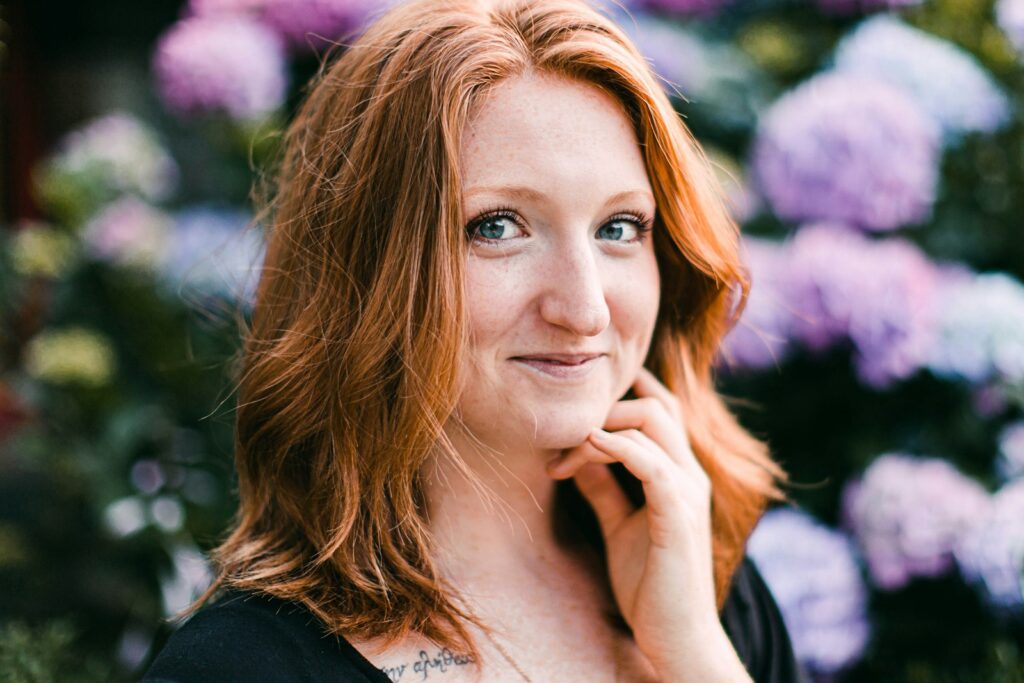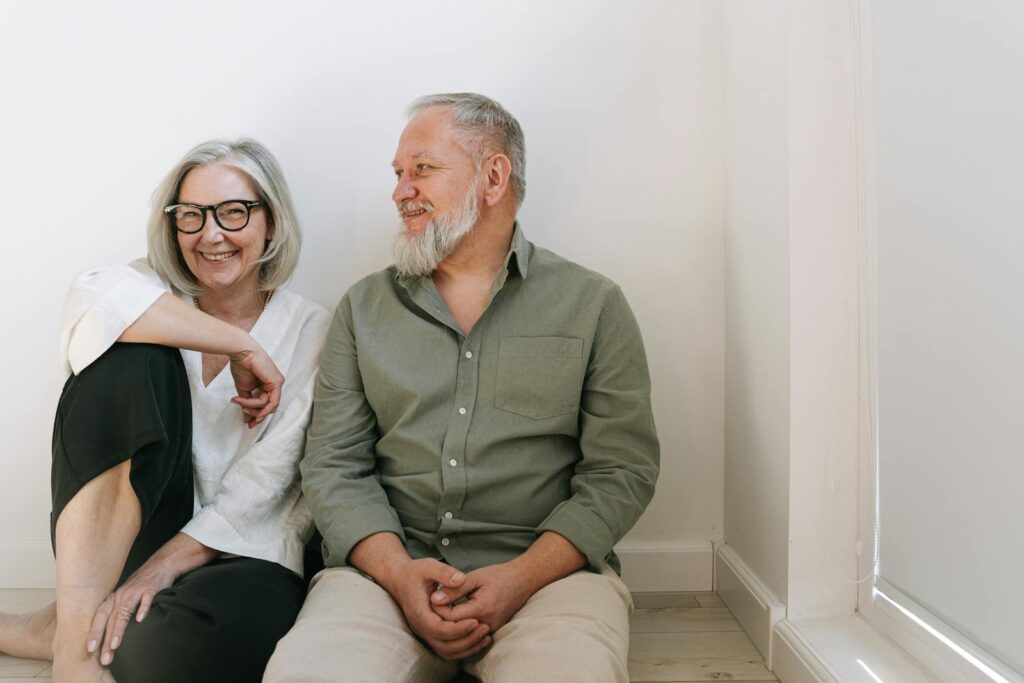
Love doesn’t always mean sharing a home. More and more older couples are choosing to stay in committed relationships without moving in together—sometimes called “Living Apart Together” (LAT). It’s not about lack of love. It’s more about making a choice that works best for their happiness and lifestyle. Here are 15 reasons why some older couples prefer separate homes while staying deeply connected.
They’ve Spent Decades Living Independently

After years of managing their own homes, some people prefer their own space. Because they don’t want any disturbance. They’ve built routines and decorated their place the way they like, and they enjoy the comfort of having full control over their living environment. Moving in together can feel like disrupting a well-balanced life rather than enhancing it.
They Have Strong Emotional Attachments to Their Homes

A home isn’t just a place to live—it holds memories, personal history, and a sense of identity. Whether it’s the house they raised their children in or a cozy apartment they’ve made their own, some older adults don’t want to leave a place that feels like theirs. And as a partner, you should respect that decision.
Avoiding the Stress of Blending Households

Moving in together means merging furniture, deciding whose kitchen appliances stay, and negotiating closet space. For many older couples, that sounds like more trouble than it’s worth. Keeping separate homes avoids the headaches of downsizing and compromise. Who wants to fight over curtain colors and cushions anyway? It’s not worth it.
They Have Different Daily Routines and Habits

She wakes up at 5 AM for yoga; he likes to sleep in and watch late-night TV. He’s a neat freak; she’s more relaxed about clutter. At this stage of life, adjusting to someone else’s habits can be exhausting. Staying in separate homes lets each person keep their own rhythm without constant negotiations.
They Want to Maintain Their Independence

For many, independence is freedom. Living alone means making decisions without consulting anyone else, from what to eat for dinner to how to spend the weekend. The power to decide every single thing about your life brings another level of joy. Even in a loving relationship, some people just don’t want to lose that sense of autonomy.
Financial Considerations Make It Easier

Blending finances can be complicated, especially later in life. Living separately keeps things simple—no debates about shared expenses, no changes to retirement plans, and no concerns about how assets will be divided in the future. Many couples often have fights over financial matters like who will pay for groceries, electricity bills, and even subscriptions.
Family Dynamics Can Be Tricky

Adult children and extended family can complicate things, especially when the kids are more like adults or teenagers. Some people worry that moving in together could cause tension with their children or disrupt family traditions. Others may want to ensure that their assets remain with their biological family rather than being mixed into a partner’s estate.
They Want to Preserve the Romance

Living separately can actually keep the spark alive. Something is exciting about choosing to spend time together instead of being around each other by default. Many couples say that not living together keeps things fresh—every visit feels like a date rather than a routine. It keeps the thrill alive.
Different Social Preferences

One partner loves hosting dinner parties, while the other prefers quiet evenings alone. When social preferences don’t match, separate homes can be the perfect solution. This way, both partners get the lifestyle they want without making big sacrifices. Many times, couples fight because they want different things. When you live alone, both of you can enjoy what you like without upsetting the other.
They Have Pets (and Their Partner Isn’t a Fan)

Pets are family, and for some, they’re non-negotiable. If one partner has allergies, dislikes animals, or doesn’t want a pet in the house, keeping separate homes avoids conflicts. This way, no one has to choose between love and their furry companion. You won’t and shouldn’t have to choose between your lover and your pet.
Prior Negative Experiences With Cohabitation

Some older adults have been married before—sometimes more than once. If past experiences of living together led to stress, resentment, or loss of personal identity, they might be hesitant to repeat that pattern. Keeping separate homes feels like a way to protect the relationship rather than risk repeating history.
Health Needs and Caregiving Considerations

As people age, health issues become a bigger factor. Some may need a quiet, controlled environment due to medical conditions, while others may have caregiving responsibilities for a family member. Living separately allows each person to manage their health in the best way possible. After all, health matters more than anything.
They Like Having a “Retreat” Space

Even in the happiest relationships, everyone needs a little breathing room. Having separate homes means each person has a retreat—a place to unwind, recharge, and enjoy “me time” when needed. You must give each other space from time to time. It’s a built-in way to prevent burnout in a relationship.
Travel and Lifestyle Differences

One partner dreams of traveling the world, while the other prefers staying put. Living separately gives both people the freedom to live their preferred lifestyles without feeling like they’re holding the other back or being forced into something they don’t want. If you want to go to London for Christmas, and your partner wants to stay back in New York, you can celebrate wherever you want.
They Simply Don’t Feel the Need to Live Together

At the end of the day, the biggest reason is often the simplest: they don’t need to live together to be happy. They enjoy their relationship as it is, value their space, and don’t see cohabitation as a requirement for commitment. It’s a choice that works for them—and that’s all that matters.
